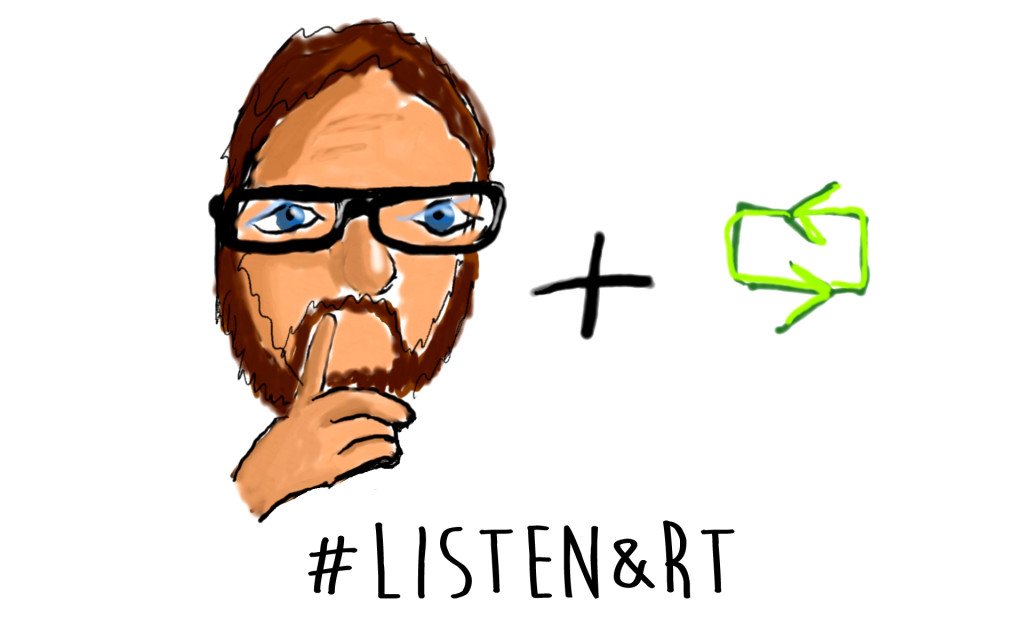 Hello and welcome to a much needed blog post here on the Anarchaeologist. I know I know, I’ve been bad with updates and writing stuff and I apologise for anyone waiting on me to write or say something. I’ve been disappointing a lot of people recently and it’s time to rectify that. I have been silent recently about work because I have been building up to announcing leaving my current employment to go and be an archaeologist. It’s really exciting and I just can’t wait to get my hands covered in soil and my field notebook full of penciled notes. This has been a long time coming and hopefully will inspire me to create new content with a number of different amazing people out there.
Hello and welcome to a much needed blog post here on the Anarchaeologist. I know I know, I’ve been bad with updates and writing stuff and I apologise for anyone waiting on me to write or say something. I’ve been disappointing a lot of people recently and it’s time to rectify that. I have been silent recently about work because I have been building up to announcing leaving my current employment to go and be an archaeologist. It’s really exciting and I just can’t wait to get my hands covered in soil and my field notebook full of penciled notes. This has been a long time coming and hopefully will inspire me to create new content with a number of different amazing people out there.
It is wonderful to be part of the huge twitter community and to be able to talk to people who have a passion for archaeology and beyond. I have to really give a huge shout-out to the amazing podcasting community that has been so supportive and fun to chat with. It is important to note here that if I really attempted to mention them all, I would most certainly leave someone out but I can say that I have been on a number of shows which a quick google search will bring out (for better or worse).
There is another side to my twitter account, and that is the voices that aren’t usually heard; this is something that I have attempted to promote with my show but I feel that I haven’t said strongly enough. If you were to check through my feed, you would find a mix of archaeologists, podcasters, Indigenous people’s twitters, feminists and POC twitters. I don’t want to wear this as a badge of pride, in fact, this should be the norm; because in following a mix of different people, I get to read things that would never cross my mind. Twitter has opened my eyes to a number of Indigenous People’s concerns, particularly about Murdered and Missing Indigenous Women #MMIW, a worryingly underrepresented issue in politics. On top of this, there are twitter handles that talk about the issues with cultural appropriation and stereotypes about Indigenous peoples and importantly why these things are needing addressing. And how should we address these things? Listen and retweet. Simple. Understand where these people are coming from and try to take on board what they say on good faith. This doesn’t mean take it on board and try to respond with #NotAllEtc but understand that there maybe validity in criticism.
And this all ties into how we talk to each other over social media, in the ways that many different thoughts and feelings mix across the internet. Often when I tweet I feel that I throw my thoughts in the void and I don’t necessarily feel anyone has to engage with me. That’s ok, personally when I tweet something that’s on my mind I would like people to reply, however not everyone is the same. Sometimes what we put out there is a gasp of desperation or just a simple venting of emotion and we have to realise that despite the political nature of what someone says, it may not always be appropriate to engage. I saw a tweet today about badges at the Nine Worlds 2015 conference (@London_Geekfest), which came in three colours signifying whether an individual wants to engage in conversation or not. Blue meant please talk to me, yellow meant talk to me if you know me and red meant don’t talk to me unless I begin the conversation. I thought it was fantastic, there was no ambiguity as to the appropriateness of engagement with the individual. It made me think of whether it is appropriate to engage all the time.
I replied to a tweet which was a joke conversation highlighting flippant dismissal of sexism in science, leading into a conversation about whether the 1950s were a great time for women. There was a back and forth between myself and another Twitter-user but it included the handle of the original Tweeter. I wonder if it was right of me to continue using that original person’s handle when the conversation was obviously between me and this new user. You can read the full conversation here, but it’s pretty obvious that I disagree that the world is gynocentric and feminism isn’t needed. In fact, in my opinion, this other twitter user demonstrated the Lewis Law (any conversation about Feminism will prove why Feminism is needed). I stopped the conversation saying that it was obvious we disagreed and it wasn’t going anywhere, and although the other user bid me good day, he (I assume) continued to tweet me. So I wonder where have I overstayed my welcome on Twitter, where have I made the same mistake? I was very clear when I wanted the conversation to end but maybe other people aren’t as forward.
In this vein, I want to talk about why social media is different to traditional media, in the way that on Twitter and Facebook people don’t have to be the representative to talk to you. In traditional media, the news interviews representatives of groups and institutions whose job it is to talk to people and do outreach, on social media this isn’t always the case. Not everyone has to reply to what you say about their tweet and if you continue to try and talk to them and try and point out their silence as rude, then you may be “Seal-lioning” – i.e. finding people expressing themselves and trying to engage in conversation with them in bad faith, getting under their skin and then complaining that they aren’t be polite in your forced discussion. The benefit of the internet is that there are thousands, if not millions, of people happy to debate whatever topic you but not everyone.
Finally I want to highlight a conversation that came up out of me tweeting about the League of Nerds Podcast, asking if their guest had a twitter account because I really liked what they had to say and would appreciate their updates on my feed. That wasn’t an issue at all, but then another Twitter user chimed in a link to an indiegogo campaign on “Alternative Cancer Cure”. With respect to the original podcast episode, this seems to be relevant, since the podcast was about cancer and the search for a cancer cure. However if you listened to the episode the guest highlighted that cancer as a single disease is a misnomer because each cancer behaves in a different way and requires different treatment. The guest is a cancer research specialist, @vickyyyf, who went into detail about the issues with a cancer cure and gives a great insight into her personal story about cancer and why she now researches it. The Alternative Cancer Cure indiegogo was about a film (not yet finished) that brought up conspiracies and issues with BigPharma, something that was quickly and succinctly criticised and the conversation noted as over. However our intrepid Twitter user then began to seal lion. See the conversation below and understand what the issue is here; Twitter is a public forum and you are allowed to comment and state your opinion, but if someone says they don’t want to continue the conversation and you keep talking, that’s the problem.
This kind of behaviour needs to stop, mainly because it’s not how you have a conversation or discussion. No one online is answerable to you, it’s not their job to talk to you, in fact someone replying and engaging with what you have to say is something special; people have lives and other things to do.
There are people who will debate you and talk to you but there’s a time and place for everything. I will try and speak to you, I will engage and talk but I will also tell you when I’m done and when I feel there is nothing more to be gained from our conversation.
tldr: Listen and RT.
P.S. If you are interested in following amazing Indigenous people on twitter you should definitely check out @YurokGuy @ZoeSTodd. Another worthy mention is @AdAstraComics who work with Indigenous writers and artists.
 Hello and welcome to a much needed blog post here on the Anarchaeologist. I know I know, I’ve been bad with updates and writing stuff and I apologise for anyone waiting on me to write or say something. I’ve been disappointing a lot of people recently and it’s time to rectify that. I have been silent recently about work because I have been building up to announcing leaving my current employment to go and be an archaeologist. It’s really exciting and I just can’t wait to get my hands covered in soil and my field notebook full of penciled notes. This has been a long time coming and hopefully will inspire me to create new content with a number of different amazing people out there.
Hello and welcome to a much needed blog post here on the Anarchaeologist. I know I know, I’ve been bad with updates and writing stuff and I apologise for anyone waiting on me to write or say something. I’ve been disappointing a lot of people recently and it’s time to rectify that. I have been silent recently about work because I have been building up to announcing leaving my current employment to go and be an archaeologist. It’s really exciting and I just can’t wait to get my hands covered in soil and my field notebook full of penciled notes. This has been a long time coming and hopefully will inspire me to create new content with a number of different amazing people out there.